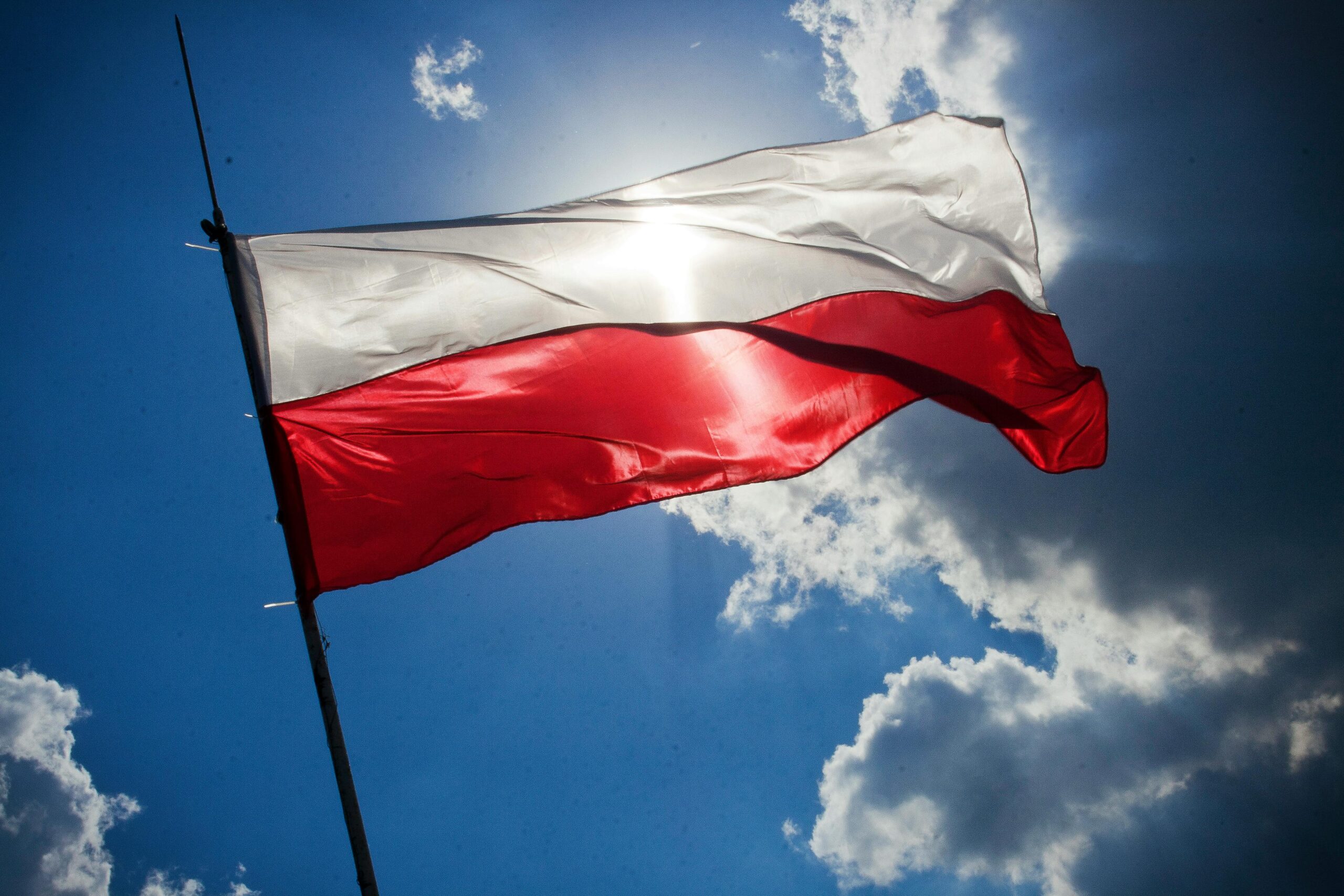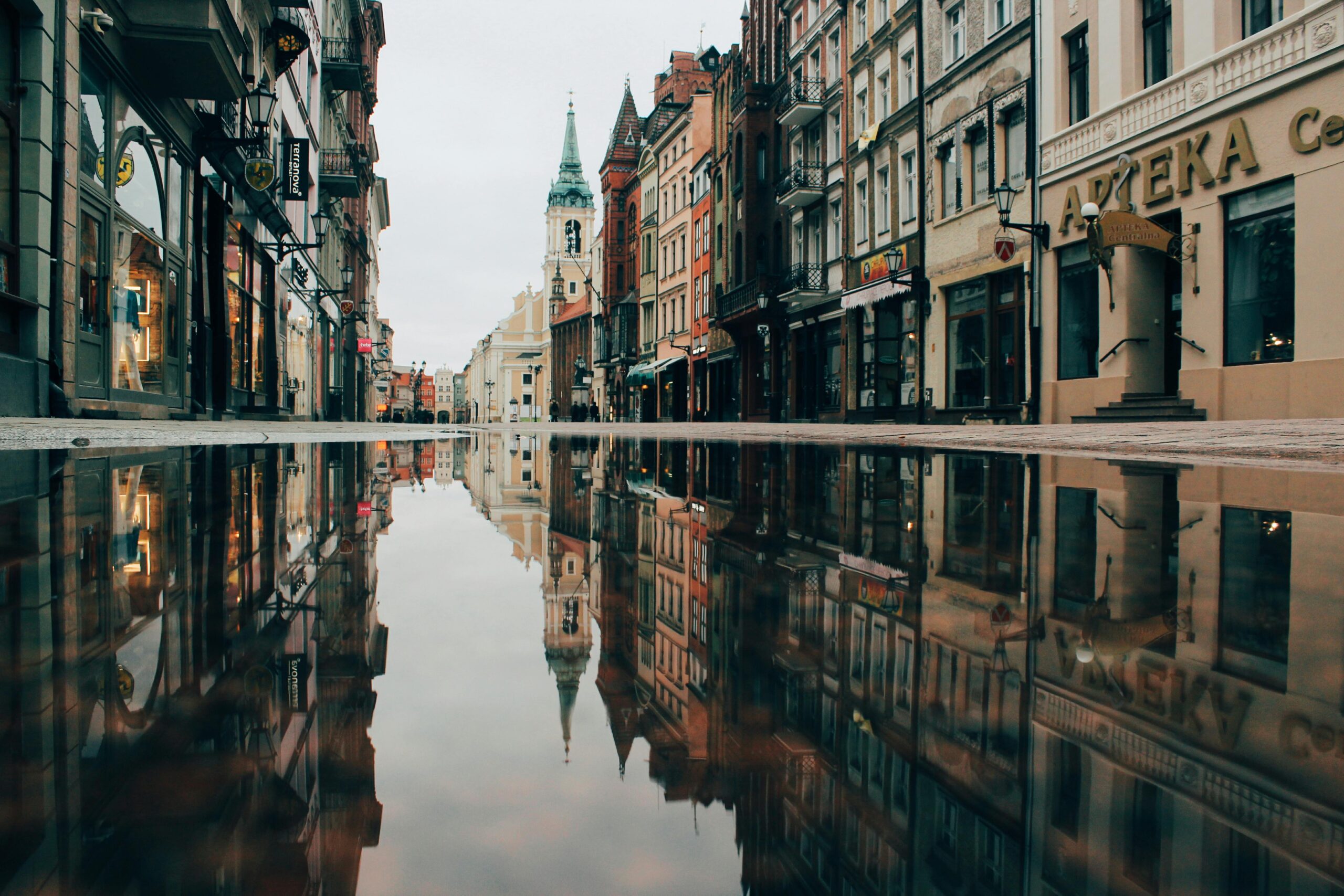Planning to onboard or keep a valuable employee? If yes, then hiring global talent comes with an unwritten rule: Respect and honor their holidays and traditions. Go Carpathian is here to prepare you for hiring in Poland!
Polish culture is rich with vibrant holidays and traditions that reflect its history, customs, and the spirit of its people.
We’re here to help business owners explore the various important holidays celebrated in Poland, along with the unique traditions associated with them.
From religious holidays to seasonal festivals, these celebrations highlight the deep-rooted values and communal bonds in Polish society. 🤍❤️
Polish Holidays and Traditions
The people of Poland take great pride in their national identity and hold their holidays in high regard. Public and religious holidays are widely observed as non-working days, and it’s usually frowned upon and considered inappropriate to be working on such days.
Let’s dive right into important Polish holidays and traditions:
Nowy Rok (New Year’s Day, January 1)
Poland celebrates the new year on the first of January every year.
Ways of Celebration 🎈
Families and friends get together, big cities like Warsaw, Kraków, and Gdańsk light up with fireworks displays and enormous outdoor concerts, drawing crowds eager to dance and cheer their way into the new year.
Notes for employers 💼
- New Year’s Day is a national public holiday, it’s best to avoid scheduling team members on this day.
Epiphany (January 6)
Every year on January 6, Poles celebrate a religious holiday marking the visit of the Three Wise Men to baby Jesus.
Ways of Celebration 🎈
- Parades and processions are held, featuring people dressed as kings and carolers
- Friends and family visit the Church
- People often mark their doors with chalk as a blessing
Notes for employers 💼
- As an official public holiday in Poland, people have the day off from work on this day, it’s best to avoid scheduling your Polish team members on this holiday.
Tłusty Czwartek (Fat Thursday, Feburary 12)
A joyful day of indulgence before Lent, also known as “doughnut day”. For many Polish people, this is the last day to eat lots of fatty, sugary food and drink alcohol before fasting.
How’s it celebrated? 🎈
- The people of Poland gather with friends and relatives and indulge in traditional sweets like pączki (jelly-filled donuts) and faworki (crispy pastries).
- Some companies may give employees pączki as gifts to celebrate the day, but it is generally a normal workday
Notes for employers 💼
- Fat Thursday is a regular working day, but it’s courteous to acknowledge the holiday to your Polish team members.
Wielkanoc (Easter, April 20)
Easter is a Christian holiday commemorating Jesus Christ’s resurrection from the dead.
Wielkanoc is the most important religious holiday in Poland.
Ways of celebration 🎈
- The Holy Week preceding Easter involves spring cleaning. It’s a nationwide effort to shake off the remnants of winter, with windows washed, carpets aired out, and closets tidied.
- Begins with the Resurrection Mass (Rezurekcja) at dawn, then followed by a festive breakfast
- Families paint and decorate eggs as a symbol of new life and resurrection.
Notes for employers 💼
- Easter is a national public holiday, and the people of Poland have the day off from work. It’s best to avoid scheduling your Polish employees on this day.
Śmigus-dyngus (Easter Monday, April 21)
Celebrated on the day after Easter, this day is used to rest and continue the celebration of Easter with family and friends.
How’s it celebrated? 🎈
- Family and friends continue to visit each other and attend festive meals
- People playfully splash water on each other, symbolizing cleansing and renewal
Notes for employers 💼
- People in Poland have the day off from work, so it’s best to avoid scheduling your Polish employees on this national public holiday.
Święto Pracy (Labor Day, May 1)
This holiday commemorates workers’ rights and the labor movement, aligning with many other European countries.
How’s it celebrated? 🎈
- Friends and family attend BBQs and outdoor trips, a day to relax with close ones.
Notes for employers 💼
- This is a national public holiday, businesses and closed and people have the day off from work. Avoid scheduling your Polish team members on this day.
Święto Konstytucji (Constituion Day, May 3)
Observed on May 3rd as a patriotic holiday honoring the 1791 Constitution.
How is Triystia Celebrated?
- People attend events hosted in cities, often involving flag-waving, military parades, and historical re-enactments.
- Friends and family get together to spend time with one another.
Notes for employers 💼
- National public holiday; people don’t work on this day, and it’s best to avoid scheduling your Polish employees on this day.
Zesłanie Ducha Świętego (Pentecost, 50 Days After Easter)
50 days after Easter, Church services commemorate the descent of the Holy Spirit.
How is it celebrated? 🎈
- Close family and relatives attend church services.
- Homes are decorated with green branches or birch twigs, and these decorations are often brought into the Church.
Notes for employers 💼
- Pentecost is a public holiday, so it’s best to avoid scheduling your Polish team members on this day.
Boże Ciało (Corpus Christi, 60 Days After Easter)
The Catholic Church commemorates the practice of the Holy Eucharist. The feast of Corpus Christi, known in Polish as Boże Ciało, was instituted in the 13th century in Belgium after the visions of Saint Juliana of Liège.
This holiday reflects the Catholic faith of the Polish people and their devotion to the traditions of the Church.
How’s it celebrated? 🎈
- Large groups of people gather, and children dressed in white lead processions through towns, scattering flower petals.
- Temporary altars are built outdoors, and the Blessed Sacrament is carried in a canopy
- Friends and family gather together
Notes for employers 💼
- On a public holiday, it’s best to avoid scheduling your Polish team members on this day as it’s a non-working day.
Dzień Matki (Mother’s Day, May 26)
Dzień Matki is a day honoring mothers with love and gratitude.
How’s it celebrated? 🎈
- Adults and children give flowers, homemade cards, or small gifts to their mothers or maternal figures
- Special dinners are made at home for maternal figures in the family
- Schools often have class performances regarding Mother’s Day
Notes for employers 💼
- Working day as it’s not an official public holiday, but it’s important to be considerate and acknowledge the holiday to your team members.
Assumption of Mary / Armed Forces Day (August 15)
- Wniebowzięcie Najświętszej Maryi Panny (Assumption of Mary) is a significant Catholic holy day celebrating the belief that the Virgin Mary’s body and soul were taken into Heaven.
*This day is one of the most important Marian feasts in the Polish Catholic calendar.
- Święto Wojska Polskiego (Armed Forces Day) is a day commemorating the Battle of Warsaw (1920), when the Polish army defeated the Red Army during the Polish-Soviet War.
*A significant day in Polish history, as it helped stop the spread of communism in Western European countries.
How’s it celebrated? (Wniebowzięcie Najświętszej Maryi Panny)🎈
- Mass attendance in Churches
- Special services, processions, and Marian prayers are held
- People bring bouquets of herbs, grains, and wildflowers to church to be blessed (one of the oldest Polish traditions)
How’s it celebrated? (Święto Wojska Polskiego)🎈
- Military parades and ceremonies are held all over the country, especially in Warsaw.
- Public speeches are held about military and national pride
- Government and military officials lay wreaths at the Tomb of the Unknown Soldier
Notes for employers 💼
- On a non-working day, government and private businesses remain closed as it’s a dual observance of a religious and national holiday.
Wszystkich Świętych (All Saints’ Day, November 1)
In Poland, this day honors deceased family members and loved ones, and honors all saints who were known and unknown, who have reached heaven.
How’s it celebrated? 🎈
- Families visit cemeteries and clean the graves in the days leading up to November 1
- On the day itself, families will decorate graves with flowers and candles and recite prayers
- Priests walk through the cemeteries blessing the graves
- Families gather, travel to hometowns, and attend respectful dinners.
Notes for employers 💼
- On a non-working day, public and private businesses remain closed.
Święto Niepodległości (Independence Day, November 11)
Polish Independence Day celebrates the restoration of Poland’s sovereignty in 1918, after 123 years of partitions by Russia, Prussia, and Austria, during the time Poland had disappeared off the European map. This is a day that celebrates national pride, remembrance, and gratitude.
How’s it celebrated? 🎈
- The main state celebration takes place in Warsaw at Piłsudski Square
- Military parades take place with soldiers wearing modern and historical uniforms
- People wear red and white rosettes (kokardy narodowe) as symbols of national pride.
- Church services are held across the country to pray for the nation
Notes for employers 💼
- This is a non-working day. It’s advised to avoid scheduling your Polish team members on this day.
Wigilia (Christmas Eve, December 24)
Wigilia is a day of peace, love, and reflection. It’s the vigil before the birth of Christ, combining Catholic religious observance with folk customs passed down through many generations.
How’s it observed?
- The people of Poland fast with meatless dishes on Christmas Eve
- Families attend evening meals that begin only once the first star appears in the sky, symbolizing the Star of Bethlehem.
- Friends and relatives exchange gifts
- Midnight mass is attended across the country
Notes for employers 💼
- Wigilia is not an official public holiday, but most places of work remain closed or let employees leave early. It’s advised to carefully consider scheduling Polish team members on this day.
Boże Narodzenie (Christmas Day, December 25)
Christmas Day celebrates the birth of Jesus Christ, and along with Easter, is one of the most important religious holidays in Poland.
How’s it celebrated? 🎈
- Loved ones gather for Morning Mass for those who didn’t attend Midnight Mass
- Families gather and spend quality time together
- Close friends and relatives attend festive meals together, breaking the fast held the night before by introducing meat into the feast
Notes for employers 💼
- Christmas Day is a national religious holiday, it’s advised to avoid scheduling Polish team members on this holiday.
Final Thoughts 🤍❤️
Polish holidays aren’t just dates on a calendar. They’re full of flavor, meaning, and heart.
As an American employer working with Poland’s diverse calendar, it’s important to recognize the different cultural and religious observances and national holidays within the country.
Poland generally follows the Catholic calendar, so it’s advised to keep an eye on the religious holidays throughout the year and to be mindful of any other non-religious national holidays taking place.
To successfully manage teams or business operations across these regions, it’s highly recommended to be flexible with time off around key religious holidays like Easter, Christmas, and other religious observances.
National holidays such as Independence Day and Armed Forces Day can affect work schedules, and understanding these differences will drive a respectful and inclusive work environment.
Showing sensitivity to religious practices and allowing employees to observe their traditions can build stronger relationships with your workforce in Poland.
The stronger your relationship is with your team, the higher your employee retention rate will be.





